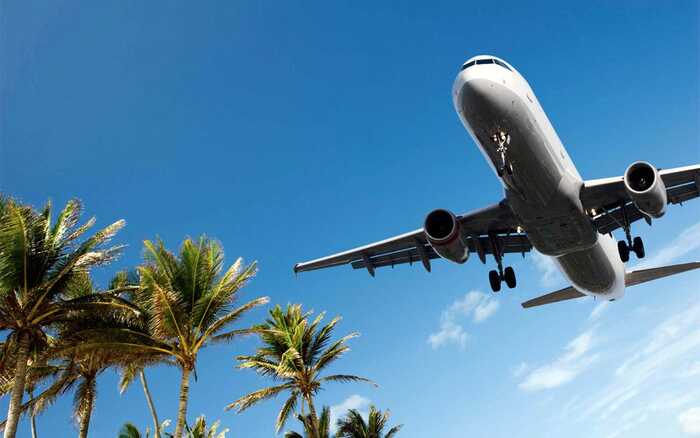Tuesday, December 19, 2023

The collaboration between the International Air Transport Association (IATA) and the oneworld Alliance will involve joint efforts in the realm of CO2 emission calculations. All 13 member airlines of the oneworld Alliance have committed to supplying operational data to IATA’s CO2 Connect emissions calculator. This collaboration aims to enhance the accuracy and quality of the tool by significantly increasing the proportion of airline-specific fuel burn data utilized by the calculator. The contributing member airlines include Alaska Airlines, American Airlines, British Airways, Cathay Pacific, Finnair, Iberia, Japan Airlines, Malaysia Airlines, Qatar Airways, Qantas, Royal Air Maroc, Royal Jordanian, and SriLankan Airlines.
Marie Owens Thomsen, Senior Vice President of Sustainability and Chief Economist at IATA, expressed enthusiasm, stating that travelers seek informed choices about their CO2 footprint. She highlighted that oneworld’s decision to join the initiative underscores the industry’s commitment to consistency and alignment in this domain.
Grace Cheung, Chair of the oneworld Environmental and Sustainability Board and General Manager of Sustainability at Cathay Pacific, emphasized oneworld’s pride in being the first global airline alliance to support IATA’s efforts. She noted that collaboration on CO2 Connect would assist key stakeholders across the aviation sector in making better choices for travelers and enhancing Environmental, Social, and Governance (ESG) reporting.
IATA launched CO2 Connect in June 2022, utilizing member airline data, including fuel burn, belly cargo, and load factors, to calculate per-flight passenger CO2 emissions. The tool covers 74 aircraft types, representing approximately 98% of the global passenger fleet, and incorporates data from 881 aircraft operators, constituting around 93% of global air travel.
CO2 Connect data calculations are accessible to industry partners through an API or flat file, as well as through airline sales channels and travel management companies.
In response to a recent opinion poll, which revealed that 90% of travelers feel a responsibility to know about the carbon emissions of their flights, IATA is actively working to meet this demand. CO2 Connect will continue to evolve, introducing new features such as a corporate reporting solution and CO2 compensation solutions in the coming year. A Cargo calculator is also in development, slated for launch in 2024, responding to requests from shippers and freight forwarders for accurate CO2 emissions data derived from actual airline data.
The approach employed by IATA CO2 Connect follows the guidelines of the Passenger CO2 Calculation Methodology (RP 1726), which was endorsed during IATA’s Passenger Service Conference in March 2022. This methodology integrates various elements, including instructions on fuel measurement, a precisely outlined framework for assessing CO2 emissions linked to airline operations, considerations for non-CO2 related emissions and the Radiative Forcing Index (RFI), principles based on weight for calculating emissions, directives on passenger weight, a conversion factor for translating jet fuel consumption into CO2 in accordance with CORSIA standards, cabin class weighting, and directives on incorporating carbon offsets and sustainable aviation fuel (SAF) as integral components of the CO2 calculation process.
Thursday, December 28, 2023
Thursday, December 28, 2023
Thursday, December 28, 2023
Thursday, December 28, 2023
Comments: